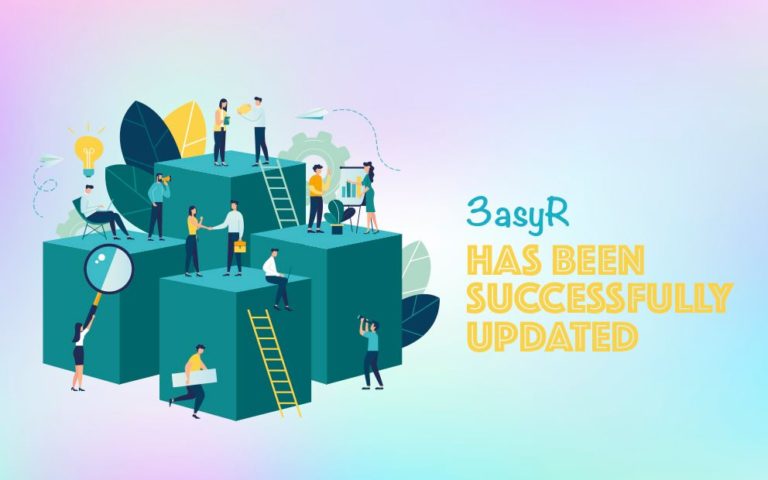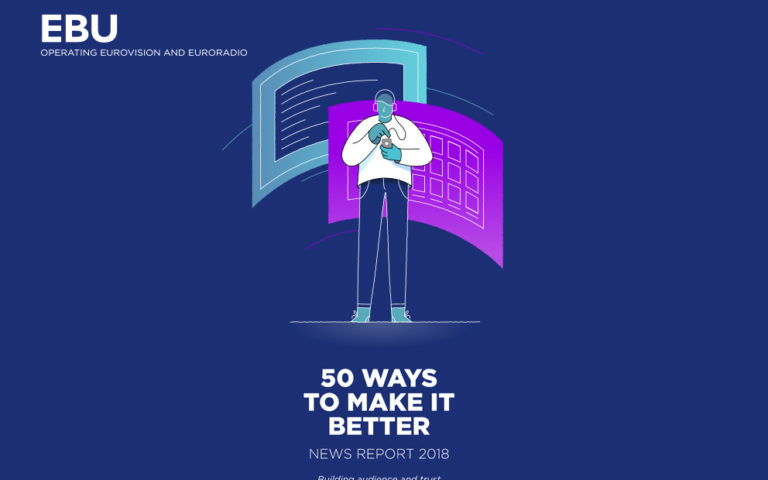 Vasiliki Mylonopoulou grew up in Thessaloniki, Greece, but for the last three years she lived in Umeå, Sweden, and just recently moved to Oulu, Finland. She is dyslexic, but this didn’t prevent her from beginning an academic career. She enjoys long walks, music, board games and also speaks Greek, Swedish and English and is currently trying to learn French.
Vasiliki Mylonopoulou grew up in Thessaloniki, Greece, but for the last three years she lived in Umeå, Sweden, and just recently moved to Oulu, Finland. She is dyslexic, but this didn’t prevent her from beginning an academic career. She enjoys long walks, music, board games and also speaks Greek, Swedish and English and is currently trying to learn French.
What is your educational background?
I studied Computer Engineering at Alexander Technological Educational Institute of Thessaloniki.When I finished my studies, I realised that it is not enough to create a program, application, webpage etc and that you need to take in account the person who uses it. As such, I wanted to study Human-Computer Interaction (HCI). I finished my masters in HCI at Umeå University and after looking for a job in Sweden for a year, I finally found a job in Finland. Now, I am doing my PhD at the University of Oulu.
When did you find out that you were dyslexic?
That was long ago… officially when I went to be tested at fifth grade.
What are you working on at the moment? How difficult or challenging it is for a dyslexic student to be doing a PhD?
I am one of the 15 Early Stage Researchers (ESR) of the CHESS program (http://www.chessitn.eu/). We will be trained to be health specialists in different domains. My area is to find out how to present the relation between the data of an individual to that of others in order to cause behaviour change towards a healthier lifestyle.
How difficult it is… well, I knew that it would be difficult because I have a lot of friends who are doing or did, their PhDs. In general, is not only the work but also the psychological problems that a person who is doing a PhD may have. It is not rare in academia, people to have problems on writing, for example or questioning themselves, their abilities etc, even if that, stays hidden. That is for people without dyslexia. The same eligibility questions I referred above are in my mind too, but with a different background. For example, when you grew up hearing, at least up to a certain age, that you will drop out of school in high school, probably you have a little bit more insecurities than a common PhD student. The solution is to have good friends and family next to you, talk a lot with your supervisor(s) and other PhD students to see that you are on the right track and you are not alone. That helps you relax and carry on.
What are the provisions for dyslexic students in Sweden? Have they changed at all with the years?
I have not lived in Sweden that long to know how it was before. However, I know that the test to see if a child has any learning disability is done by the school in the primary years and there was a discussion to make this test in earlier years. In the university there is a person responsible to see what facilitation is needed if you have any kind of disability. As a dyslectic you can choose between the following as far as I remember:
-
Note-taking: to have a classmate take notes for you. If you can not follow the lecture and take notes at the same time. This classmate is getting paid by the university to do that.
-
Talking books: CDs or MP3s of the course literature you follow read and recorded by people.
-
Mentor: a person who helps you plan and organise your studies.
-
Support in classes and lectures: to be able to record the lecture, ask the teacher’s presentation in advance, extra time in exams, oral exams etc
-
Computer support and services in the Resource Lab: a place with small rooms, usually with one to four computers that has some programs that may help on reading and writing. That programs were in Swedish.
How did you find 3asyR? What do you think makes it stand out?
It is a really useful tool that has room for improvement. I installed it to my personal and work computer and I have suggested it to dyslectic friends. The thing that makes it stand out is that it is simple and ubiquitous. You can activate and deactivate it in two clicks and it is always there on your browser. Personally I skipped all the text I could not make text-to-speech but now I started reading it with the help of 3asyR.
What are your future plans?
I stop doing plans. I had some and the time just changed them really much so… my short term plans is to finish this PhD and learn French. I also wish to find a way to get involved more on subjects around dyslexia but I am still looking how.
What advice would you give to a dyslexic student that is just starting their studies?
Nice question. Well, dyslexia is not a problem if you have the proper support. So I suppose that my advice is fight for your rights. If you are a dyslexic, search what are your rights (in your school, country, continent, world etc) and ask for them. Do not look at them as favours. Looking at them as a favour is like thinking that blind people are being favoured because they use white canes. The second and most important advice is chose to study what YOU want. Do not think where you will succeed based on dyslexia, but based on your skills and personal criteria.




3 Comments
[…] Can dyslexics become academics? Yes […]
Thank you!
I may need your help. I’ve been doing research on gate io recently, and I’ve tried a lot of different things. Later, I read your article, and I think your way of writing has given me some innovative ideas, thank you very much.